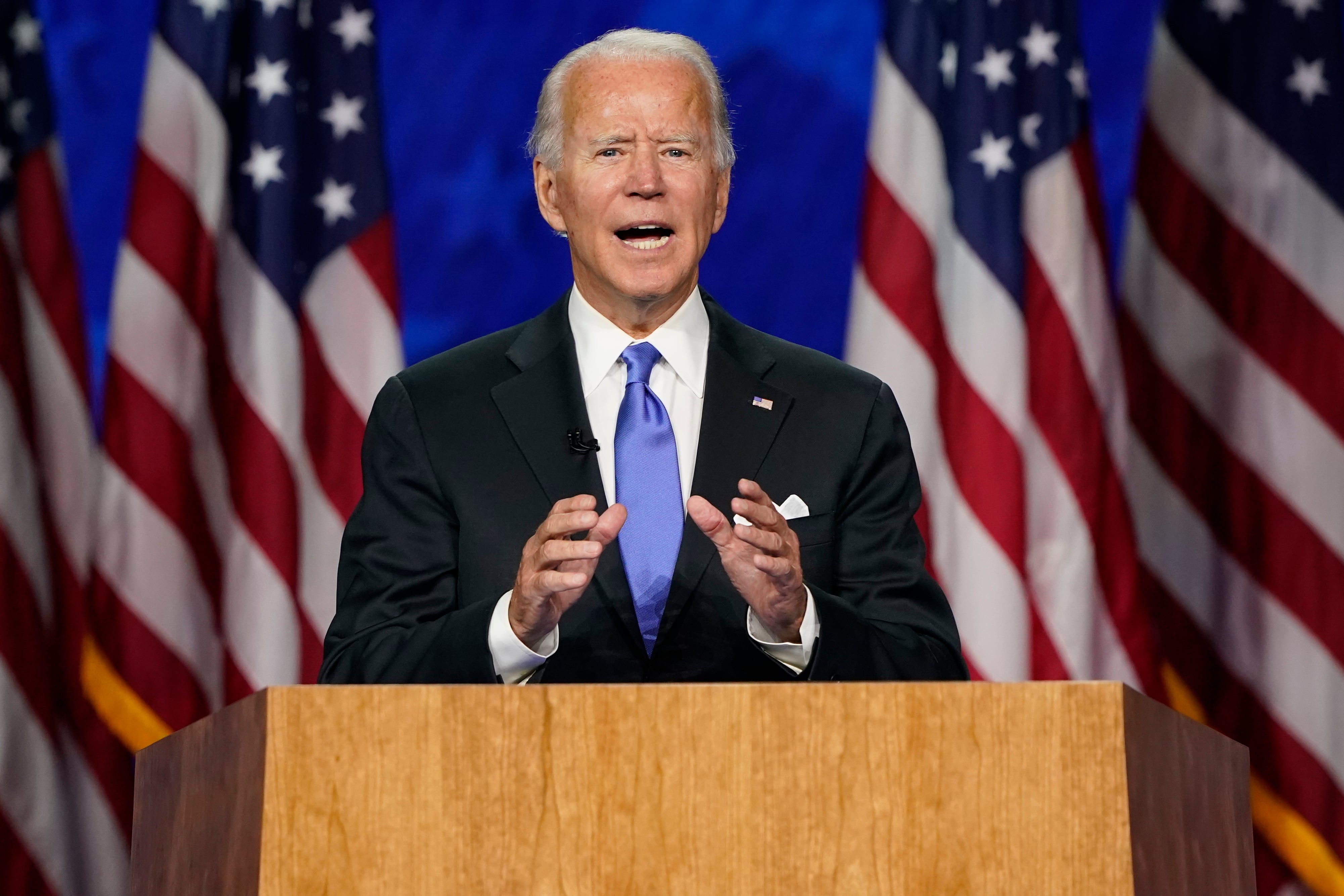WASHINGTON ― As Congress readies a stopgap spending measure this week, the defense industry is girding for a long-term funding patch that could delay both new procurement programs and needed fiscal certainty into next year.
Democrats say they are considering whether to offer a continuing resolution that would stretch 2020 funding levels into next February or March, or whether to go along with a stopgap through mid December, as Senate Majority Leader Mitch McConnell, R-Ky., is seeking.
Trade groups said this week that passing a CR by the Sept. 30 deadline is better than a government shutdown, but they warned that because CR’s ban most new start programs, that will add more turbulence for firms already suffering from pandemic-related economic shocks.
“As threats continue to multiply and the COVID-19 crisis continues, sustained and stable funding in national security takes on new meaning for the U.S. military and the defense industrial base that supports it,” Aerospace Industries Association President and CEO Eric Fanning, said in an email to Defense News. AIA represents roughly 340 manufacturers.
“Relying on continuing resolutions, for any length of time, removes that stability, undermining the shared supply chain and endangering the solid progress made in readiness and modernization over the last several years.”
RELATED

Defense advocates say continuing resolutions of any length are inefficient for government and disruptive to the budget certainty that businesses need in order to make decisions, but the pandemic and sagging economy add new wrinkles.
Smaller defense firms, many hit by cash flow problems related to the pandemic, were of particular concern to shipbuilder Huntington Ingalls Industries, which was among large firms that accelerated millions of dollars in payments to help small suppliers over recent months.
“The effects of a long term continuing resolution can be harmful to the defense industrial base by delaying or prohibiting work,” HII spokesperson Beci Brenton said in an email. “Our greatest concern with a long term CR is the impact to our thousands of suppliers located in all 50 states who are already impacted by the COVID pandemic.”
Despite a longstanding deal on the budget top lines, only the House has passed full-year appropriations bills, which means Congress will need more time to pass an FY21 appropriations package.
Congress would likely need to draft a CR this week and pass it next week to avert a government shutdown. That’s just what House Majority Leader Steny Hoyer, D-Md., told reporters this week that House leaders are planning.
Treasury Secretary Steven Mnuchin and House Speaker Nancy Pelosi, D-Calif., say they have agreed to a “clean” CR, free of policy riders. It’s not expected to include COVID relief funds, but further details have not been announced.
Beyond timing, the defense industry is also watching which anomalies Congress includes to permit select new start programs. The White House sent Congress a list that included the Columbia-class submarine and new W93 submarine-launched nuclear warhead, as well as funds to ramp up the new Space Force ― along with select federal programs across multiple agencies.
The National Defense Industrial Association’s senior vice president, Wesley Hallman, said delaying new starts means delaying new revenue streams for companies and, for some, new hiring decisions.
“How many new starts are planned for 1 October, I can’t tell you, but if we go to March or February there are more new starts over that entire period,” Hallman said. “If it’s bad in October, it’s really bad if it’s going into March.”
Professional Services Council president and CEO David Berteau, whose group represents services contractors across government, said his member are worried about long delays for a budget deal.
“Our members are always concerned because it slows down new contract awards, and it adds uncertainty to every program manager ― not only in the Defense Department, but across the federal government ― because they don’t know how much money they’re going to get or when they’re going to get it,” Berteau said.
The duration of the CR has special political dimensions this year. If the bill runs through December, President Donald Trump and a Republican-controlled Senate would negotiate over the final spending package. Depending on the outcome of the election, a CR that stretches into the next calendar year could be negotiated by a President Joe Biden or a Democratic-led Senate, which would give Democrats more leverage.
Berteau was concerned that Biden, like Trump in 2017, would not enter office Jan. 20 ready to immediately hammer out a budget deal. It took until that April for Trump to sign a deal, and it took President Bill Clinton ― who entered office under similar circumstances in 1993 ― until that June.
“If you don’t get it now, history says you won’t get it for six months,” said Berteau, “and that’s debilitating for industry.”
Joe Gould was the senior Pentagon reporter for Defense News, covering the intersection of national security policy, politics and the defense industry. He had previously served as Congress reporter.





